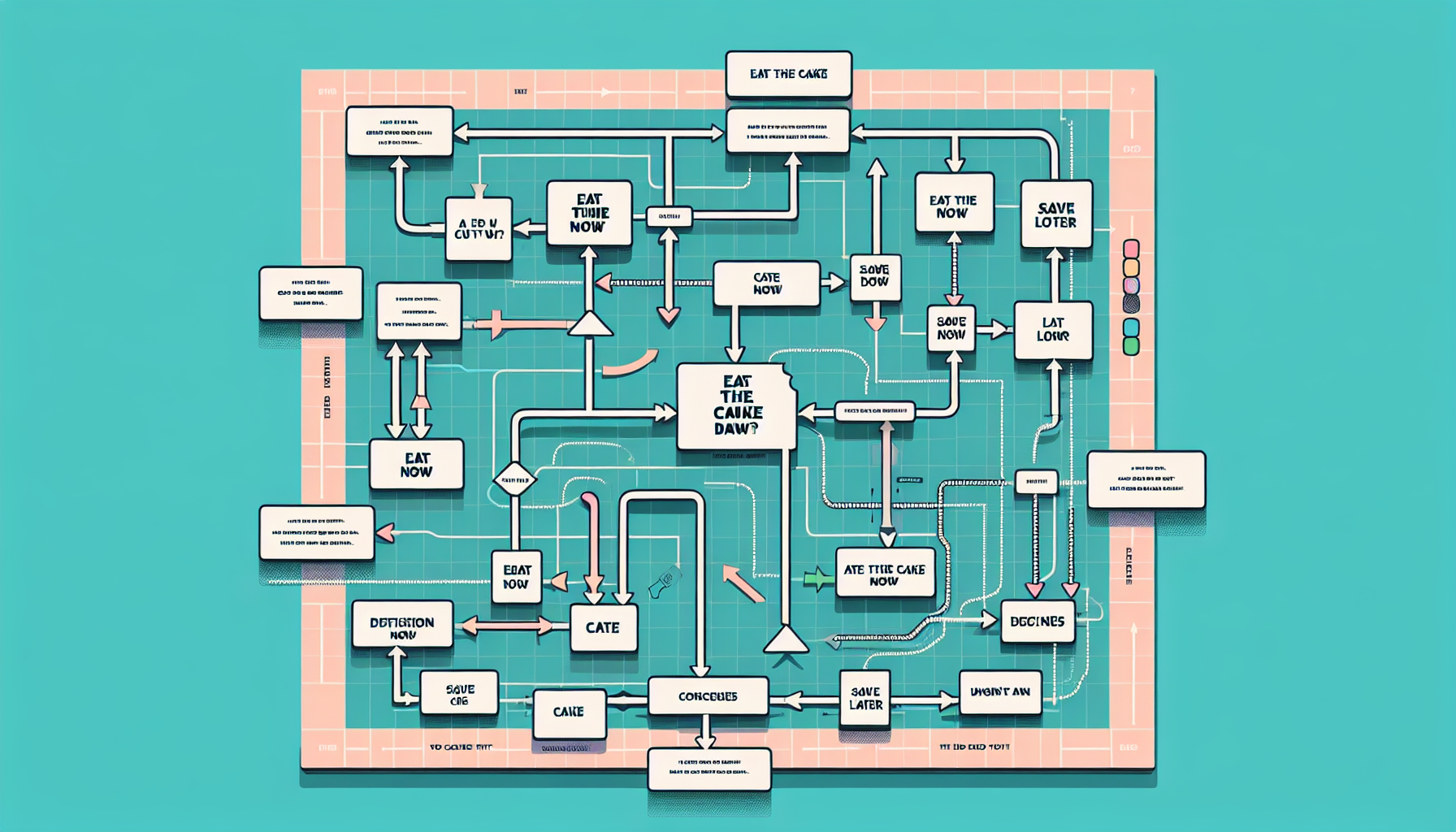From Steel to Silicon: Chicago’s Industrial Legacy

In the late 19th and early 20th centuries, Chicago emerged as a powerhouse of industrial production, primarily due to its strategic location as a transportation hub. The convergence of railroads and waterways allowed for the efficient movement of raw materials and finished goods, fostering the growth of various industries, notably steel manufacturing. Companies like U.S. Steel and International Harvester established a robust foundation for the city’s economy. U.S. Steel, one of the largest steel producers in the United States, was instrumental in the construction boom that characterized the era, providing steel for skyscrapers, bridges, and railroads. International Harvester, on the other hand, played a crucial role in agricultural machinery manufacturing, employing thousands and contributing significantly to the local economy. This era was characterized by heavy machinery, blue-collar labor, and the kind of innovation that defined an industrial age. However, as the 20th century progressed, the demand for steel began to wane, and the manufacturing landscape started to shift. The rise of digital technology and the information age prompted a reevaluation of how businesses operated, leading many traditional firms to face the challenge of adapting to a rapidly changing environment.
The Pivot to Tech: Case Studies of Adaptation
Several companies that once thrived in the steel and manufacturing sectors recognized the need to innovate. One notable example is Motorola, founded in 1928. Originally a manufacturer of car radios, Motorola reinvented itself as a leader in telecommunications and mobile technology. The introduction of the first commercial handheld mobile phone in 1973 marked a pivotal moment not only for the company but also for the technology landscape as a whole. Today, Motorola continues to evolve, focusing on smartphones and IoT (Internet of Things) devices, demonstrating the ability of traditional manufacturers to pivot towards modern technological demands. Another significant player is Zebra Technologies, which began in the 1960s as a manufacturer of specialty printers. Recognizing the potential of data capture and tracking in the evolving retail landscape, Zebra embraced technological advancements, transforming its product line to include advanced tracking and scanning systems. This strategic pivot has positioned Zebra as a leader in supply chain and inventory management solutions, showcasing how companies can adapt to meet contemporary market needs.
Emerging Startups and Innovation
The transformation of Chicago's industrial legacy is not limited to established companies. A new wave of startups is redefining the hardware landscape, driven by innovation and creativity. These emerging firms often draw inspiration from the city’s rich industrial history while leveraging modern technologies. For instance, Tempus is a notable startup that uses hardware and software to revolutionize healthcare through data-driven solutions. By integrating advanced analytics with medical data, Tempus aims to personalize patient care and improve treatment outcomes. The company embodies the spirit of innovation that is increasingly prevalent in Chicago's tech ecosystem, representing how the legacy of industrial strength can be reimagined in the context of cutting-edge technology. Additionally, companies like Relativity Space are pushing boundaries in aerospace technology. Founded in 2015, this startup focuses on 3D printing rockets, showcasing the advanced manufacturing capabilities that Chicago still harbors. Their approach not only streamlines the production process but also exemplifies the innovative spirit that continues to thrive in the city.
Collaboration and Community Support
The evolution from steel to silicon has fostered a culture of collaboration among hardware enthusiasts and professionals in Chicago. Local universities, incubators, and coworking spaces provide the necessary support for budding entrepreneurs. Initiatives such as 1871, a renowned tech incubator in the city, offer resources, mentorship, and networking opportunities, ensuring that the next generation of innovators has the tools to succeed. Moreover, community events and meetups encourage knowledge sharing and collaboration. These gatherings not only highlight the skills and talents of local innovators but also create a sense of belonging in a rapidly evolving industry. Organizations like TechNexus and the Chicago Innovation Exchange play a key role in bridging the gap between startups and established businesses, fostering an ecosystem where collaborative innovation can flourish.
Chicago's journey from a steel manufacturing hub to a center of technological innovation illustrates the city's remarkable ability to adapt and thrive in changing economic landscapes. The stories of iconic companies like Motorola and Zebra Technologies, along with the emergence of dynamic startups, showcase a vibrant hardware ecosystem fueled by creativity and collaboration. As Chicago continues to evolve, its industrial legacy will undoubtedly play a pivotal role in shaping the future of technology and innovation. The city stands as a testament to the power of transformation, proving that with resilience and a forward-thinking mindset, industries can pivot from their past while embracing the opportunities of tomorrow. With a rich tapestry of history influencing its present and future, Chicago remains a beacon of industrial evolution, where the spirit of innovation continues to thrive in the heart of the Midwest.
Industrial IoT Solutions Architect
Siemens, GE Digital, Rockwell Automation
Responsibilities
Design and implement IoT solutions that integrate hardware and software for industrial applications.
Collaborate with cross-functional teams to assess and improve existing manufacturing processes.
Provide technical leadership and guidance to ensure solutions align with industry standards.
Required Skills
Strong understanding of IoT technologies, cloud computing, and data analytics.
Experience with industrial automation and control systems (e.g., PLCs, SCADA).
Excellent problem-solving skills, with the ability to communicate complex concepts effectively.
Data Scientist in Healthcare Analytics
Tempus, Allscripts, Cerner
Responsibilities
Utilize advanced statistical techniques and machine learning algorithms to analyze healthcare data.
Develop predictive models that help in personalizing patient care and improving outcomes.
Collaborate with healthcare professionals to translate data findings into actionable insights.
Required Skills
Proficiency in programming languages such as Python or R, along with experience in SQL.
Familiarity with healthcare data regulations (e.g., HIPAA) and data privacy best practices.
Strong analytical and critical thinking skills, with a focus on problem-solving in a clinical context.
Product Manager for Smart Manufacturing Solutions
Zebra Technologies, Rockwell Automation, Honeywell
Responsibilities
Define product vision and roadmap for smart manufacturing technologies, focusing on automation and data integration.
Conduct market research and gather customer feedback to inform product development.
Collaborate with engineering teams to oversee the product lifecycle from conception to launch.
Required Skills
Experience in product management within the manufacturing or technology sectors.
Strong understanding of Agile methodologies and product development processes.
Excellent communication skills, with the ability to work cross-functionally and influence stakeholders.
Aerospace Manufacturing Engineer
Boeing, Lockheed Martin, Relativity Space
Responsibilities
Develop and optimize manufacturing processes for aerospace components, focusing on additive manufacturing technologies.
Collaborate with design teams to ensure manufacturability and compliance with aerospace standards.
Conduct root cause analysis and implement corrective actions to improve production efficiency.
Required Skills
Knowledge of aerospace materials and manufacturing processes, including 3D printing.
Proficiency in CAD software (e.g., SolidWorks, CATIA) and simulation tools.
Strong analytical skills, with a focus on process improvement methodologies (e.g., Lean, Six Sigma).
Cybersecurity Analyst for Industrial Control Systems
Honeywell, Siemens, Cybersecurity firms specializing in industrial environments
Responsibilities
Monitor and analyze security incidents affecting industrial control systems in manufacturing environments.
Develop and enforce security policies and protocols to protect sensitive data and infrastructure.
Collaborate with IT and operational technology teams to ensure compliance with cybersecurity standards.
Required Skills
In-depth knowledge of cybersecurity frameworks and best practices (e.g., NIST, ISO 27001).
Familiarity with industrial control system protocols (e.g., SCADA, PLC) and vulnerabilities.
Strong analytical and communication skills, with the ability to educate staff on security awareness.


